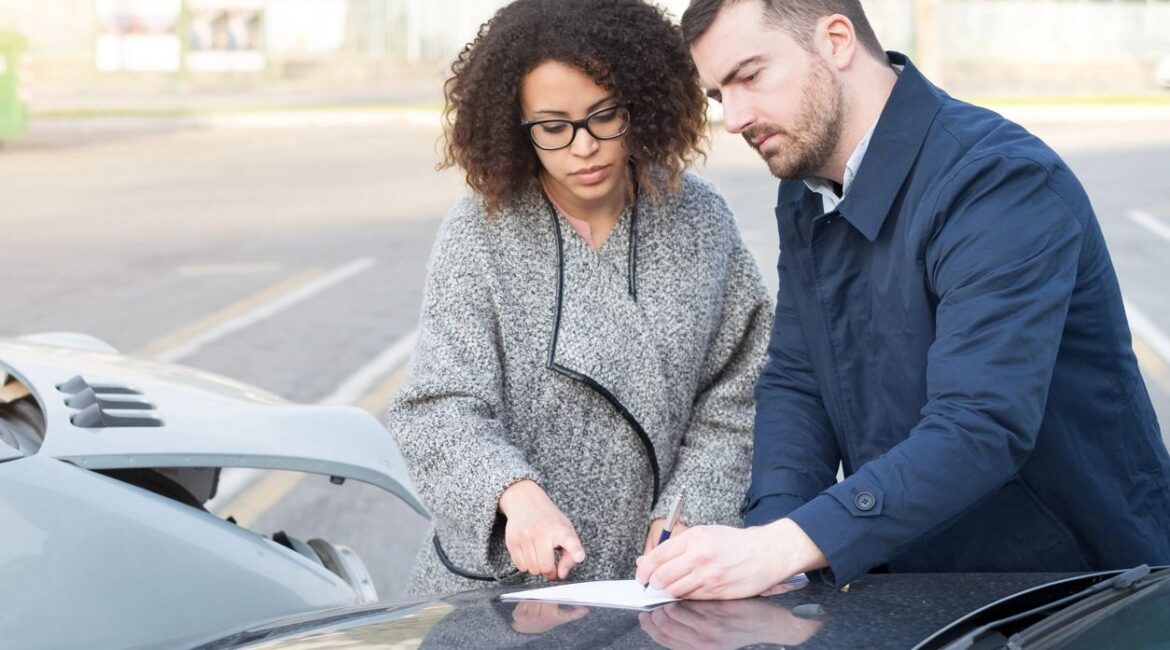Car accidents happen every day and no one expects to be involved in one, but it is always important to be prepared. Car insurance is the best way to ensure that you are protected in case of an accident. However, many people struggle with figuring out how much car insurance they should have. This is an important question, and the answer varies depending on several factors. In this blog post, we will discuss how much car insurance you should have to ensure that you are covered financially after an accident.
Liability Coverage
Liability coverage is the minimum amount of car insurance required by law in most states. This type of insurance covers the damages you cause to other people and their property in the event of an accident. Liability coverage is typically divided into two parts: bodily injury liability and property damage liability. Bodily injury liability covers the medical expenses and lost wages of the people you injure in an accident, while property damage liability covers the cost of repairs to any property that was damaged in the accident. The minimum liability coverage requirement varies by state. In Texas, the minimum is $30,000 for bodily injury liability and $25,000 for property damage liability.
Collision Coverage
Collision coverage is another type of car insurance that covers the cost of repairs to your vehicle if you are in an accident. This is an optional type of insurance, but it is essential if you have a newer or more expensive vehicle. Collision coverage typically comes with a deductible, which is the amount you have to pay out of pocket before the insurance coverage kicks in. The deductible amount can range from $250 to $2,000, depending on your policy. The lower your deductible, the higher monthly premium costs.
Comprehensive Coverage
Comprehensive coverage is another type of optional car insurance that covers the cost of repairs or replacement of your vehicle if it is damaged or stolen. This type of insurance also covers damages from natural disasters, such as floods and hailstorms, and other incidents, such as vandalism. Comprehensive coverage also comes with a deductible, which works in the same way as collision coverage.
Uninsured/Underinsured Motorist Coverage
Uninsured or underinsured motorist coverage is another type of optional car insurance that covers you if you are in an accident with someone who does not have enough car insurance or no car insurance at all. This type of insurance covers the cost of your medical expenses and lost wages if the other driver is at fault and unable to pay for your damages.
Personal Injury Protection (PIP)
Personal injury protection, also known as PIP, is another type of optional car insurance that covers the cost of your medical expenses and lost wages regardless of who is at fault in the accident. This type of insurance is only available in some states, and the coverage amount can vary. The benefit limit in Texas is typically $2,500 per person.
In conclusion, having car insurance is essential to protect yourself financially in case of an accident. The amount of coverage you need depends on several factors, including your state’s minimum requirements, the value of your vehicle, and your overall financial situation. It is essential to review your policy regularly and make adjustments, especially if there are changes in your life, such as a new car, a new job, or a move to another state. By understanding the types of car insurance available to you, you can ensure that you are adequately protected in the event of an accident. If you have any questions about coverage in the event of any accidents call Adam Miller, The Texas Bulldog for a free consultation today at 713-572-3333.





